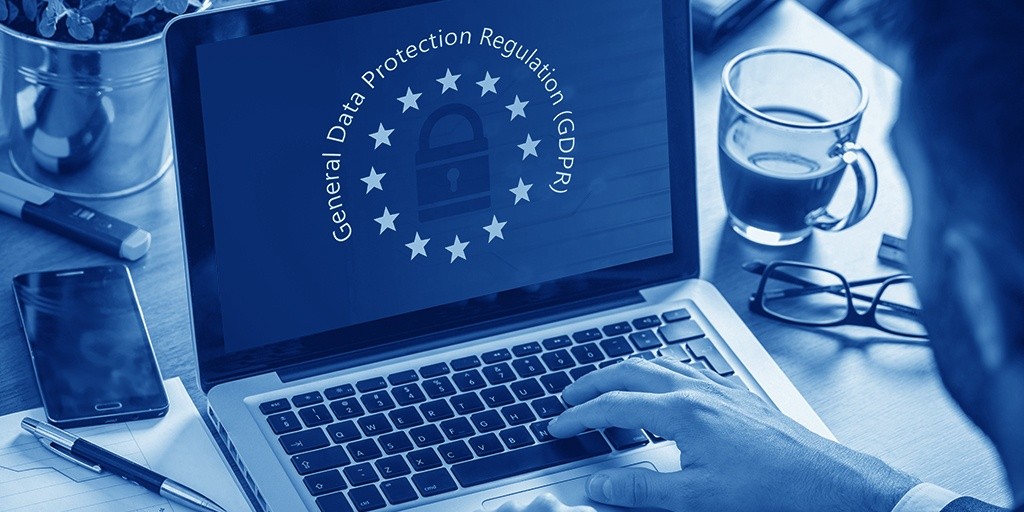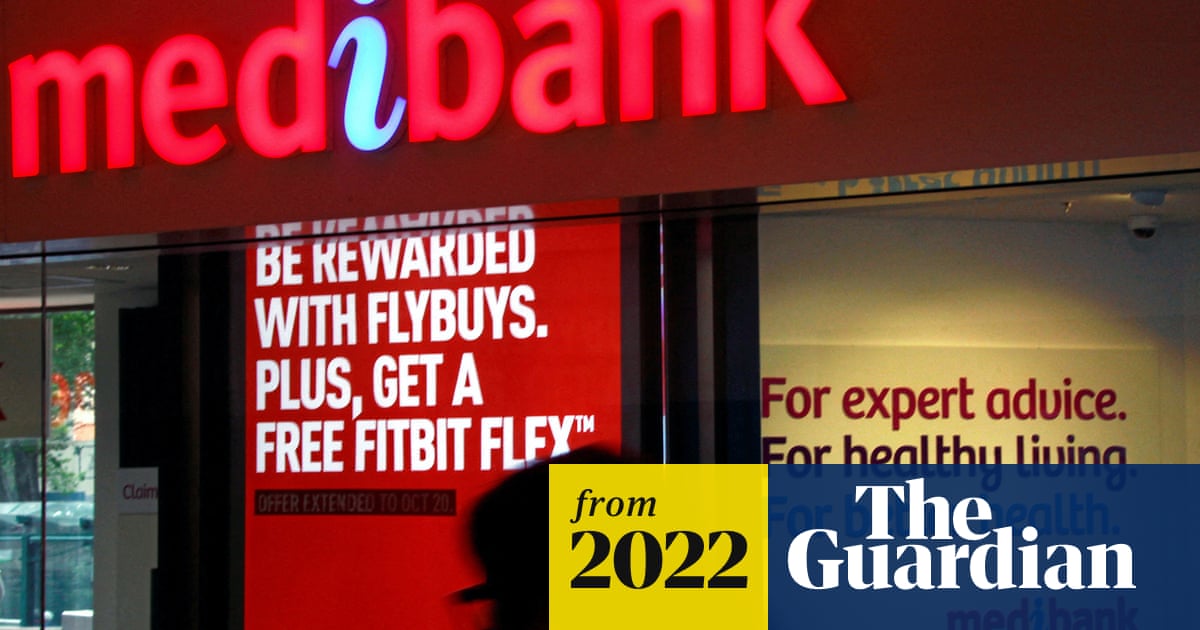- Aug 21, 2016
- 15,770
- 24,988
- AFL Club
- Geelong
- Other Teams
- Oldham
We are being pushed by governments and corporations to conduct all our affairs online but at the same time our data seems to be less and less secure. Australia has suffered six major cybersecurity breaches in five weeks. And these are just the ones we know about. Some companies might have opted to pay off the hackers.
Medibank say hackers have provided a sample of records for 100 policies including names, addresses, dates of birth, Medicare numbers, policy numbers, phone numbers, details of medical services received. They claim to have taken other information, including data related to credit card security. Medibank say they started making direct contact with the affected customers. In truth, they don't know which customers have been impacted and what data has been accessed.
I would be cancelling the credit card given to any company who report a breach and be looking to them for compensation for any late payment fees, and the inconvenience of setting up all the direct debits again. I imagine there will be class actions if people have had sensitive information leaked, such as medical history.
There's no going back from the online world but what's the answer to this problem?
Medibank say hackers have provided a sample of records for 100 policies including names, addresses, dates of birth, Medicare numbers, policy numbers, phone numbers, details of medical services received. They claim to have taken other information, including data related to credit card security. Medibank say they started making direct contact with the affected customers. In truth, they don't know which customers have been impacted and what data has been accessed.
I would be cancelling the credit card given to any company who report a breach and be looking to them for compensation for any late payment fees, and the inconvenience of setting up all the direct debits again. I imagine there will be class actions if people have had sensitive information leaked, such as medical history.
There's no going back from the online world but what's the answer to this problem?





